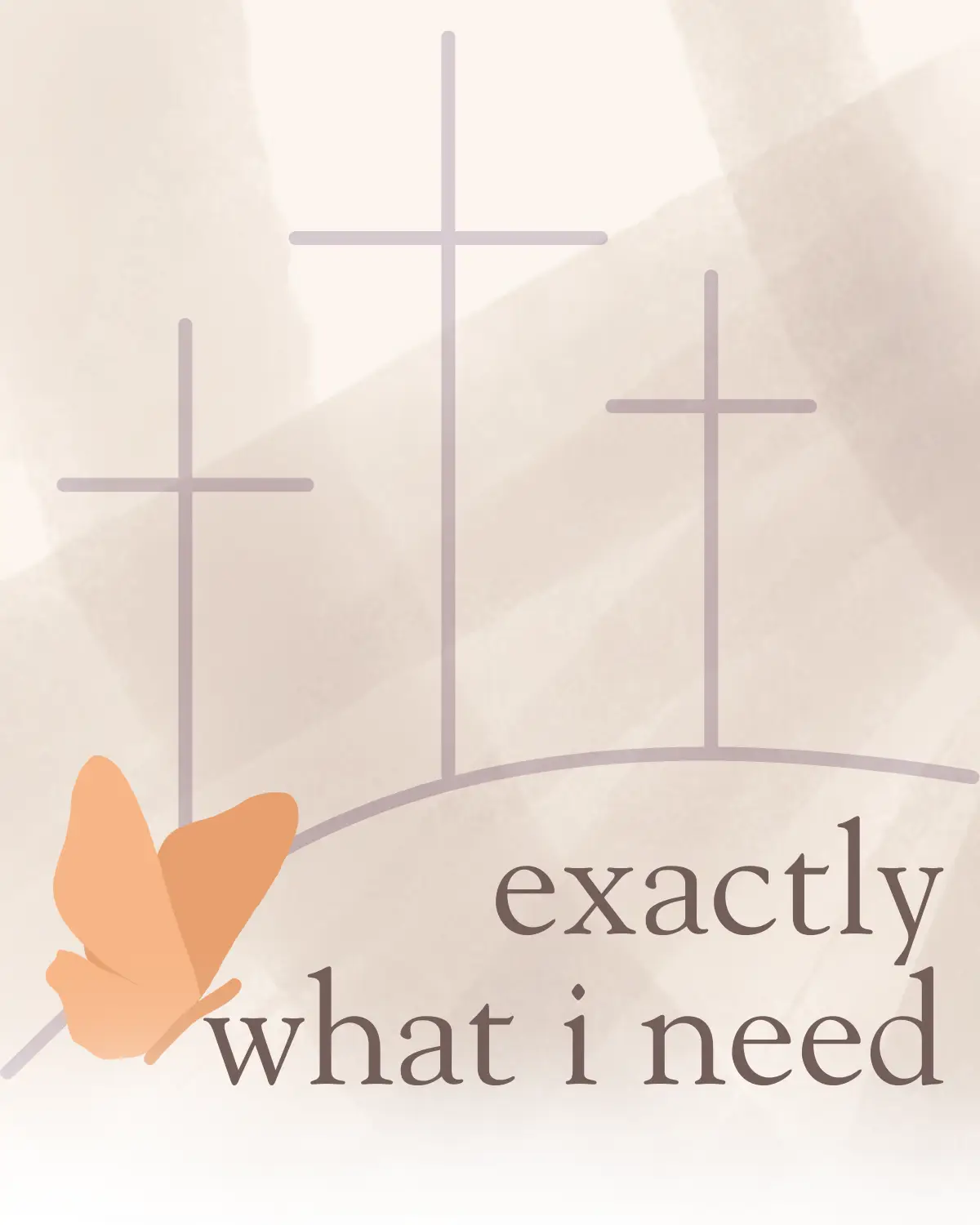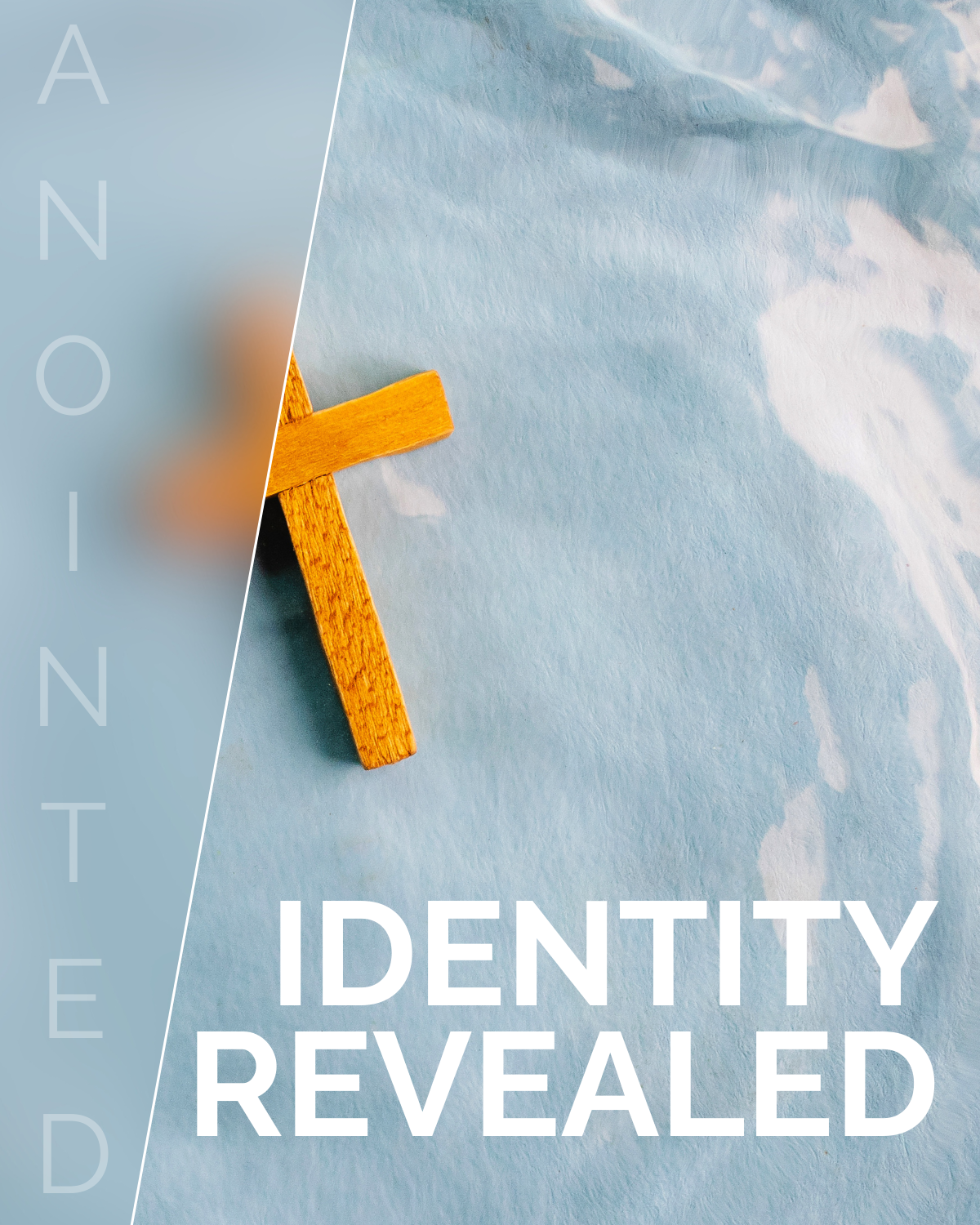In-Person Worship
Saturdays at 5:00pm.
Sundays at 8:00 and 10:30am. (9:00am Memorial Day through Labor Day weekends)
Online Worship: Faith: Exactly What I Need
Sunday, March 1
Watch the livestream beginning at 10:30 a.m. on Sunday. After the livestream is finished, the video will be available to watch at any time.
Welcome! Thank you for joining us for worship today. In our services we gather before our almighty God to receive his gifts and to offer him our worship and praise. Through God’s powerful Word and Sacraments he renews our faith and strengthens us to serve in joy.
“I didn’t know how much I needed that” is a common expression of surprise and realization. It suggests that something new has come to light, and we now now see it as essential or valuable, even if we didn’t see it before. Lent is the season of the Church Year when we recognize our greatest needs. In this season we realize that all our greatest needs are met in Christ. God knows what we need most. If we lack Christ, we have nothing. But if we have Christ, we have exactly what we need.
I recognize that I need to be saved. When Jesus said, “No one can enter the kingdom of God,” that included me. I do not deserve God’s blessing. But long ago, God declared that I would be blessed by a descendant of Abraham who turned out to be Jesus. The blessing is salvation. I receive that salvation by faith in Jesus as my Savior. The good news is that faith is also God’s gift, imparted to me through the gospel.
Music:
- Hymn: CW 868 “By Faith”
- Hymn: CW 570 “God Loved the World So that He Gave”
- Hymn: CW 811 “My Faith Looks Up to Thee”
TV Services
Our full weekend worship service is broadcast on Valley Access – Channel 18. Contact Valley Access at vactv.org for broadcast times.


